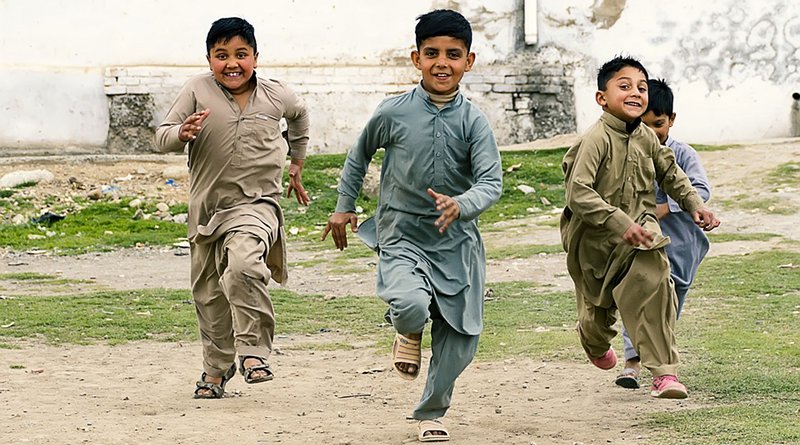Educational Dividend In Pakistan: Imperatives For Single Curriculum – OpEd
Socialization is the process of inculcating the norms and ideologies of society in individuals. School in this regard is considered as one of the primary and important agents of socialization, where children learn about social expectations and social responsibilities.
The present schooling system of Pakistan can be recognized as a class divisions system which is dividing nation at three levels. The education system of Pakistan can be divided into three different tiers. Public sector schools are at the first tier, where medium of instruction is a local language and syllabus is mostly in Urdu language. These schools have a specific curriculum, teaching techniques, co-curricular activities, and evaluation patterns. These schools mostly have poor infrastructure and lack of water, electricity, and other facilities. There is an unbalanced student’s teacher ratio in these schools with small number of teachers and large number of students in classrooms. These schools mostly charge no fee.
At the second tier, we have Private English medium schools. The medium of instruction and syllabus in these schools is in English. These schools have mostly good infrastructure with relatively better facilities. These schools have a separate curriculum, teaching techniques, co-curricular activities, and evaluation patterns. The size of students in classrooms of these schools is relatively small with good teacher student ratio. These schools have specified and modern dressing and code of conduct. There is yet another small stratum of schools which encourage co- education schooling. Also, known as elite schools which are linked with foreign education system from curriculum to evaluation. These schools have very high fees which only few percent of the population in the country can afford.
Finally, we have Madrasas where there is completely different setup from curriculum to evaluation and certification. The financial needs of Madrasas are mostly fulfilled by the individual charities. The students in Madrasas, mostly belong to very poor families who cannot afford to pay high fees to teach their children in other types of schools. Countering other and defending one’s own religious sect is also an important part of teaching and learning in these Madrasas.
Following this, the children coming out of these three different educational systems will have different cultural and social capital in terms of problem solving, knowledge, experiences, exposure and understanding.
The elite and private schooling system is inculcating the skills that is greatly contributing towards the personal growth and development of individuals. While the public and Madrasa schooling system stresses on civic oriented and ethical lessons with poor skills for personal development. In addition, this divided education system is creating different value structures. Therefore, it appears that the present education system of the country is divided on an extreme level. It has failed and has not been able to teach citizens to wait on traffic signal for their turn to go. Which shows the lack of understanding on civic responsibilities of the individuals. This education system should have been based both on teaching the required skills to its people and also inculcating the core national values.
Although there was a lot of criticism over the single national curriculum and a lot of resistance from private schools and Madrasas, but in my opinion the idea of a single national curriculum is a step in the right direction. The education system of a country is a mean to promote national identity by adopting the core values of the country. Even in the developed countries of the world, through formal and hidden curriculum, skills and societal values are inculcated and reinforced in the children through schooling. Apart from teaching academic curriculum, the school also teaches children about the social roles, rules, expectations, and integration of the society. For example, meeting deadlines, following schedules, fulfilling duties and responsibilities. It is the school and education, which through values and norms, mold the diverse groups of the society into a single shared identity and prepare the citizens for its citizenship roles.
A single national curriculum can bring integration, equality, and uniformity among all the students and citizens of the country. This can also provide a level playing field to all the students of the country. This could be one of the leading options to put an end to the dividend and class-based education system of the country. We need to include and advocate our comprehensive core values through a single national curriculum to flourish and move towards national integration and social cohesion. These core values should be guided by the principles of Islam including justice and rule of law where all students can have equal opportunity to higher education and upward social mobility. And the overall social development of the children is in line with local aspirations and evolving international trends.
Muneeb-Ur-Rahman is Research Officer at Balochistan Think Tank Network (BTTN) at BUITEM and PhD Fellow at Research Center for Environment and Society – Hohai University, Nanjing, China Email: [email protected]

